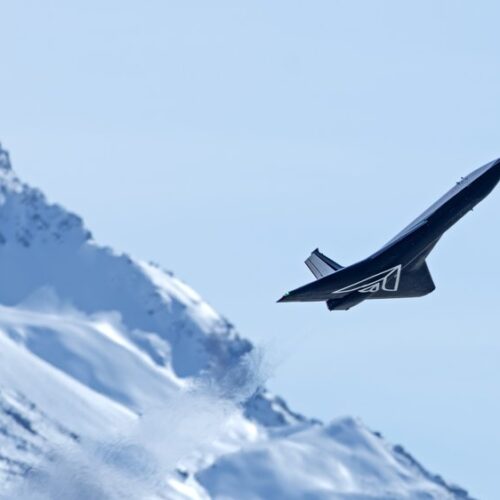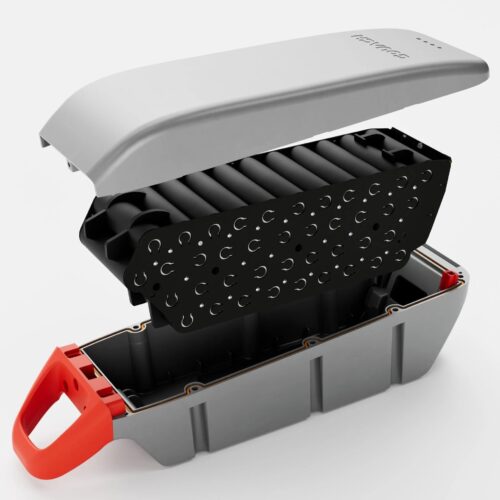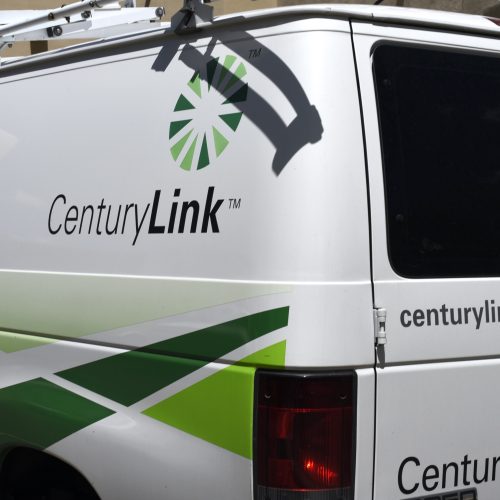Google’s Will Smith double is better at eating AI spaghetti … but it’s crunchy?
On Tuesday, Google launched Veo 3, a new AI video synthesis model that can do something no major AI video generator has been able to do before: create a synchronized audio track. While from 2022 to 2024, we saw early steps in AI video generation, each video was silent and usually very short in duration. Now you can hear voices, dialog, and sound effects in eight-second high-definition video clips.
Shortly after the new launch, people began asking the most obvious benchmarking question: How good is Veo 3 at faking Oscar-winning actor Will Smith at eating spaghetti?
First, a brief recap. The spaghetti benchmark in AI video traces its origins back to March 2023, when we first covered an early example of horrific AI-generated video using an open source video synthesis model called ModelScope. The spaghetti example later became well-known enough that Smith parodied it almost a year later in February 2024.





















